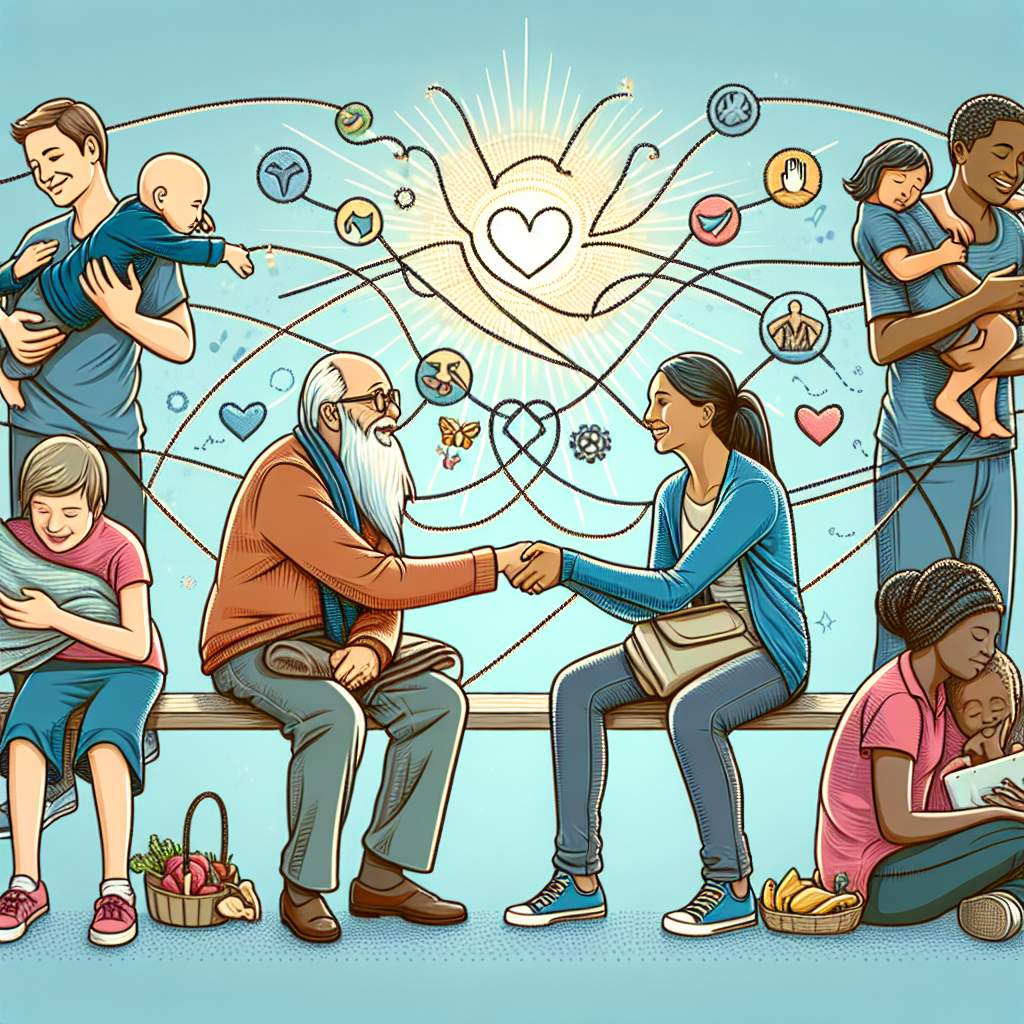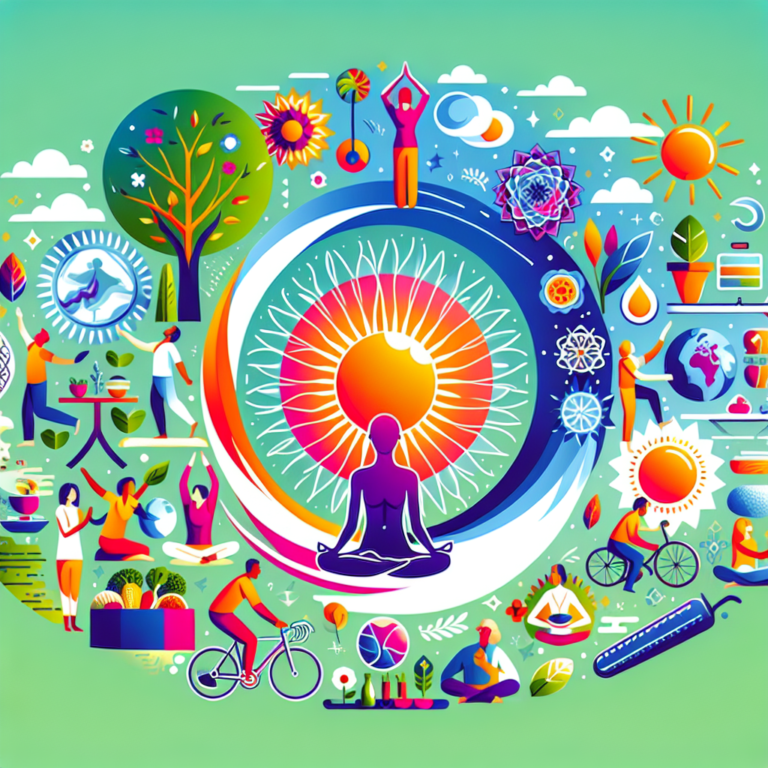In today’s fast-paced and often tumultuous world, the concept of kindness can sometimes feel like a lost art. However, the essence of kindness and its connection to karma has significant implications for our daily lives. Kindness is not merely a fleeting action; it is a powerful force capable of transforming our relationships with others and even ourselves.
Understanding Karmic Connections
Karmic connections can be defined as the relationships we share with others that are influenced by our past actions, intentions, and the energies we emit. The notion of karma is primarily rooted in Eastern spiritual traditions, particularly in Hinduism and Buddhism. It posits that every action we take generates a ripple effect, influencing not only our own lives but also the lives of others, cultivating connections that can be profoundly impactful.
The Fundamental Principle of Karma
At its core, karma revolves around the principle of cause and effect. The concept is simple: positive actions lead to positive outcomes, while negative actions may yield unfavorable results. This understanding encourages individuals to act kindly, as these benevolent actions foster healthier relationships, promote emotional well-being, and create a supportive community.
The Ripple Effect of Kindness
When we commit acts of kindness, we are invariably participating in what is often referred to as the “ripple effect.” This phenomenon underlines how one small act of goodwill can resonate deeply, inspiring others to pay it forward. Consider the example of a stranger holding the door open for you; this simple gesture can uplift your mood, prompting you to be extra kind to someone else throughout your day.
Scientific Backing for Kindness
Research has demonstrated a plethora of benefits associated with practicing kindness. Studies suggest that engaging in acts of kindness not only boosts the well-being of the recipient but also enhances the happiness and satisfaction of the giver. Neurotransmitters in the brain, such as oxytocin and serotonin, are released in response to altruistic behavior, fostering positive emotions and increasing our sense of connection to others.
How to Cultivate Kindness in Daily Life
Cultivating kindness in our daily lives requires intention and practice. Here are some actionable steps to harness the power of kindness and strengthen karmic connections:
1. Start Small
Incorporating kindness into your life does not have to be monumental; even small gestures can have a lasting impact. Smiling at someone, offering compliments, or simply saying thank you can create warm, positive interactions. These small actions can lead to a ripple effect, encouraging others to engage in similar behaviors.
2. Practice Active Listening
Listening is an often-overlooked aspect of kindness. Being genuinely present and attuned to someone’s words can show them they matter. By making an effort to listen, we validate their feelings and foster deeper connections, creating a supportive environment.
3. Volunteer Your Time
One of the most impactful ways to practice kindness is through volunteerism. Giving your time to a cause you believe in not only supports those in need but also enriches your own sense of purpose and fulfillment. Whether it’s helping at a local shelter or participating in a community clean-up, serving others creates tangible connections.
4. Share Positivity Online
In the digital age, our online interactions matter just as much as those in person. Use social media platforms to share positive stories, express gratitude, or uplift others. This contributes to fostering a more compassionate online environment.
The Transformative Effects of Kindness
The benefits of kindness extend beyond mere good feelings; being kind can foster resilience in the face of adversity. Acts of kindness can provide a potent buffer against negativity, promoting mental and emotional fortitude. Moreover, kindness nurtures qualities such as compassion and empathy, enabling individuals to better understand the experiences and struggles of others.
Building a Kind Community
When individuals in a community commit to kindness, it cultivates an atmosphere of support and goodwill. This not only enhances interpersonal relationships but also improves collective mental health. Communities that emphasize kindness often realize lower crime rates, increased civic engagement, and a deepened sense of belonging.
Practicing Self-Kindness
While extending kindness to others is essential, it is equally important to practice self-kindness. Self-compassion is the practice of treating ourselves with the same care and concern we show to our friends and loved ones. Being kind to oneself fosters resilience and emotional stability, allowing individuals to better navigate life’s challenges.
Methods for Practicing Self-Kindness
- Positive Affirmations: Regularly remind yourself of your worth and capabilities. Affirmations can help combat negative self-talk and boost self-esteem.
- Mindfulness: Practicing mindfulness encourages individuals to be present and aware of their thoughts and feelings without judgment. This can create space for self-forgiveness and self-care.
- Setting Boundaries: Being kind to oneself sometimes means saying no. Protecting your time and energy is essential for maintaining your mental health.
Conclusion
In conclusion, the power of kindness cannot be overstated. Karmic connections are strengthened and enriched through our positive actions, creating a landscape of compassion and support in our daily lives. By recognizing the profound effects of kindness, we can actively cultivate it and foster deep, meaningful relationships with ourselves and others. As we commit to being kind, we embark on a journey that not only transforms our individual experiences but collectively elevates humanity’s spirit. Let us embrace kindness in its myriad forms, creating positive ripples that extend far beyond our immediate surroundings.
FAQs
1. What are karmic connections?
Karmic connections refer to the relationships shaped by our past actions and intentions, which influence our current interactions and experiences with others.
2. How does kindness impact mental health?
Acts of kindness have been shown to boost mood, reduce stress, and promote overall well-being, leading to improved mental health for both the giver and the receiver.
3. Can kindness truly make a difference in the community?
Yes, kindness fosters a positive environment, leading to stronger community bonds, support systems, and a general decrease in negativity within the community.
4. How can I practice self-kindness?
Self-kindness can be practiced through positive affirmations, mindfulness, and by establishing healthy boundaries to protect your well-being.
5. What are some easy ways to be kind daily?
Simple ways to be kind include smiling at others, offering compliments, helping someone in need, volunteering, or even sharing positivity online.
It looks like you entered “Prompt” without any additional context. How can I assist you today? Please provide more details or specify what you’d like to discuss or create!, #Karmic #Connections #Power #Kindness #Daily #Life, #Karmic #Connections #Power #Kindness #Daily #Life, 1736527181, karmic-connections-the-power-of-kindness-in-daily-life





